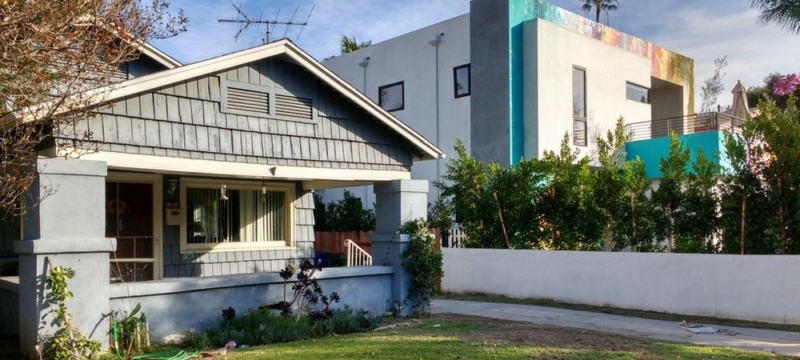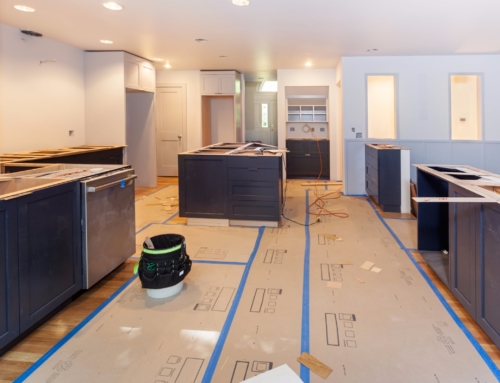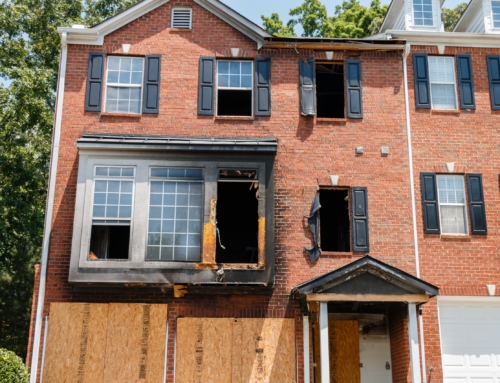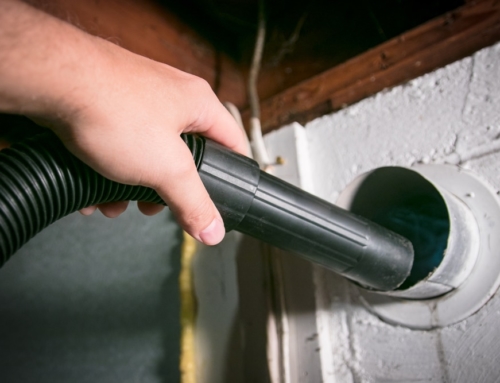Is there a way to have community development without pushing lower income residents out?
Is it worth remodeling your home if it’s in a neighborhood experiencing skyrocketing land values?
Get answers to these questions by listening to this week’s episode of the Ilyce Glink Show. You can click the audio link below to listen to the full show, download the podcast via iTunes.
In this community development edition of the Ilyce Glink Show, I’ll interview Daniel Hertz, a senior fellow at City Observatory. We’ll go over some of the results from a literature review by the Federal Reserve Bank of San Francisco entitled, “Gentrification, Displacement and the Role of Public Investment.” There are a lot of interesting findings to explore, and we’ll go into a few of the major takeaways. For a more detailed analysis, you can check out Daniel’s City Observatory article or download the full report from the San Francisco Fed.
Then I’ll answer a listener question about living in a neighborhood that’s undergoing significant redevelopment in the form of major renovations and new, larger homes. This listener wants to know if it’s worth undertaking a small remodeling project if it’s not going to be reflected in the resale value of the home, given the rise in property values associated with the changing neighborhood.
And finally, I’ve got a warning for property owners: If you don’t know what the term “adverse possession” means, you should listen closely. While this legal loophole only applies in limited circumstances, you want to avoid falling into those circumstances at all costs. If someone is able to win an adverse possession claim against you, it means that you’ll forfeit the property in question without compensation. So listen to make sure you don’t ever end up dealing with an adverse possession case and for my advice to anyone already facing one.
More About This Show
Community Development: Gentrification Doesn’t Always Lead to Displacement [3:12]
While gentrification and displacement remain somewhat undefined as social science concepts, the San Francisco Fed’s research turned up some interesting facts about what drives neighborhood change and how public policy and investment leads to gentrified communities. Certain conditions can favor gentrification without displacement, and smart urban planning could theoretically help communities attract wealthier buyers without driving out lower-income residents. Here’s my interview with City Observatory senior fellow Daniel Hertz.
Can’t keep up with the Joneses? You may not want to remodel your home [14:34]
Home improvements are usually pricey, even when they’re done on a budget. So it’s important to most homeowners who undertake a remodeling project or renovation to see that investment reflected in the resale value of their homes. But if the home values in your neighborhood are increasing rapidly enough to put a premium on the value of your property regardless of the condition of your home, any improvements you make to your house will probably amount to wasted money when it comes time to sell your home.
Don’t Let This Happen to You: Adverse Possession [17:22]
Adverse possession describes a situation in which someone can legally claim ownership over another person’s private property – and you don’t want it to happen to you.
While it is indeed possible for a squatter to claim ownership over a property he or she has inhabited under certain circumstances, it’s probably not a likely scenario in your home. But adverse possession can also apply if your neighbor infringes on your property line with a fence or driveway. If you don’t take appropriate action, the same legal loophole that bestows squatters’ rights could end up forcing you to forfeit part of your property to your neighbor.
If you have any questions about this show or in general, email me at [email protected].
Thanks for listening!







Leave A Comment